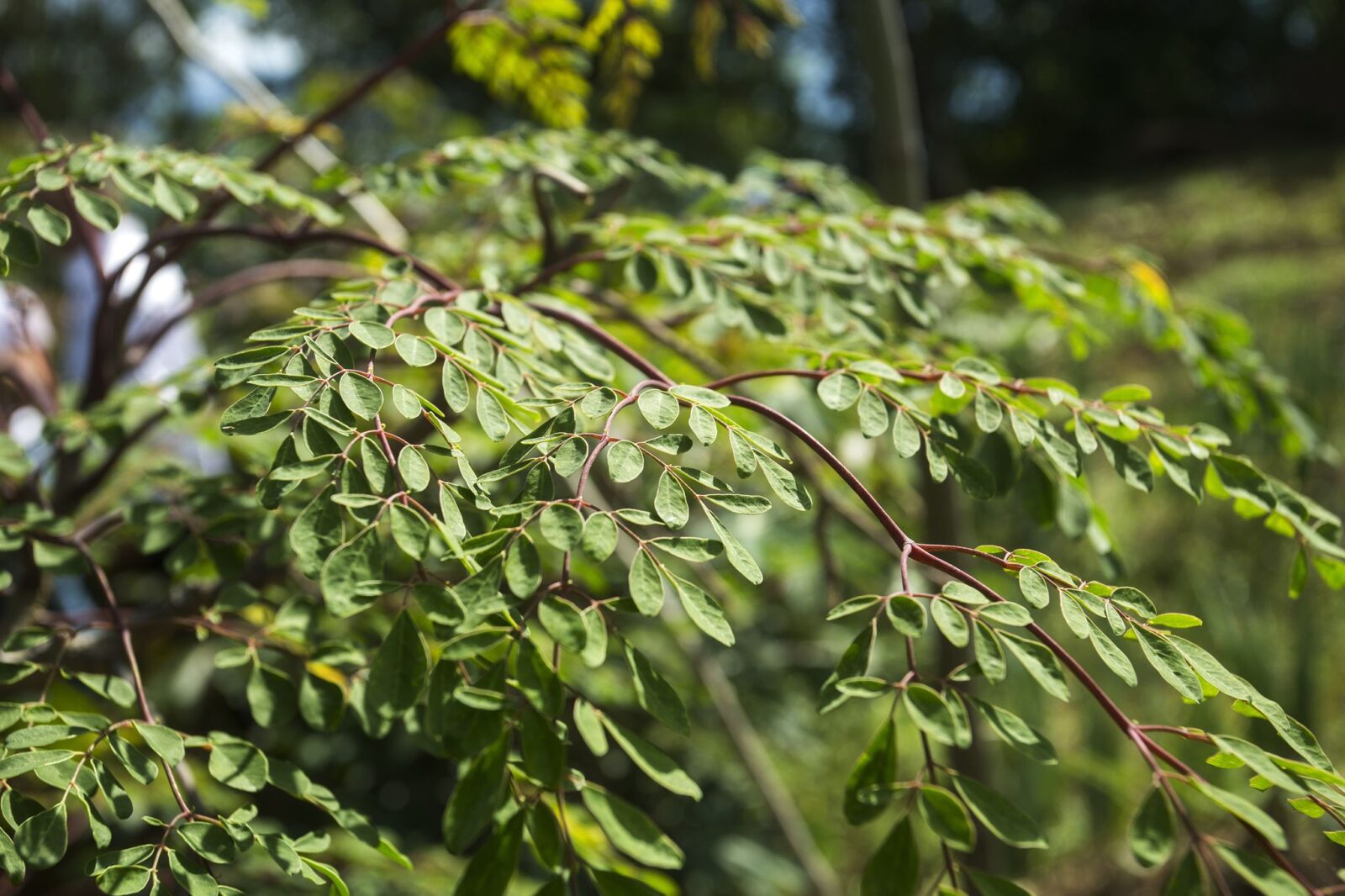Budding cotton scientist set on creating a crop that can cop heat-stress
 EMERGING INDUSTRIES / Wednesday, 1 May 2024
EMERGING INDUSTRIES / Wednesday, 1 May 2024
Pivotal moment for Moringa production in Australia and New Zealand

The world has witnessed a surge in interest surrounding superfood Moringa oleifera, a fast-growing, tree known for its extraordinary nutritional benefits.
Almost every part of the moringa tree, from its high-protein green leaves to its seed oil, is edible and packed with essential nutrients. Despite its global recognition, M. oleifera is classified as a non-traditional and novel food under Food Standards Australia New Zealand(FSANZ) , which inhibits its ability to be commercialised in Australia and New Zealand. A recent development, however, signals a significant step towards changing this classification.
As part of the an AgriFutures business innovation grant, research and development, which culminated in a formal application to amend the Australia New Zealand Food Standards Code was submitted to Food Standards Australia New Zealand (FSANZ) in January 2024, marking a pivotal moment for the potential production of moringa in Australia and New Zealand.
Spearheading this initiative is Department of Primary Industries and Regional Development, Senior Research Scientist, Dr Henry Brockman who has extensive experience in biosecurity, natural resource management, grains and livestock industries. Dr Brockman’s research with moringa began with an exploration of its multiple uses and nutritional profiles.
Initially considered for biodiesel production, it soon became apparent that the oil extracted from moringa seeds was too valuable to be used solely for fuel. With properties comparable to olive oil but without the risk of rancidity, Dr Brockman says that moringa oil has a big role to play in the cosmetic industry as a base oil.
“In the cosmetic industry, moringa can be used as a base oil due to its fatty acid composition and the fact that it doesn’t go rancid, Mr Brockman said.
Unlike olive oil where large quantities are being thrown out because it’s gone rancid, moringa offers a very sustainable and effective solution”.
Studies demonstrated that M. oleifera is a convenient, affordable, relatively safe and readily available source of protein and minerals.
The research concluded that daily consumption of 70 grams of M. oleifera leaf is considered safe, with no toxicity. The formal application that was submitted to FSANZ in January 2024 stated that M. oleifera leaf, green pods and seed oil pose no public health and safety issues to consumers at the level of use (70 grams/day) proposed.
Given its incredible nutritional value, the international demand for moringa is strong. The European market has recently been assessed at a value of US$903 million per year, with projections indicating it will surge to US$1.9 billion by 2027. Similar growth prospects are anticipated in other markets, notably the United States. In Australia, industry estimates indicate that the moringa sector could achieve a valuation of $2-5 million by 2030.
AgriFutures Australia Senior Manager, Emerging Industries, Dr Olivia Reynolds, says that if approved, the formal recognition of M. oleifera as a food will open doors for further research and collaboration and unlock the potential for this industry to be embraced in Australia.
“The approval of moringa as a certified food could impact our agricultural industry, offering a crop with diverse nutritional benefits and open up potential market opportunities,” Dr Reynolds explained.
Regions with suitable climates, like tropical and subtropical areas, and industries focusing on health foods and supplements possibly stand to benefit the most, but there are many more possibilities, including its potential use in the regeneration of soils.
“We know that a number of Asian and other cultures have been using moringa for centuries. Mainstream adoption will likely hinge on consumer education, product innovation, and strategic marketing emphasising moringa’s health benefits and sustainability,” Dr Reynolds said.
An outcome from FSANZ is expected by September 2024.
Click here to download the Buisness Innovation Grant snapshot
Latest News
-
Budding cotton scientist set on creating a crop that can cop heat-stress WORKFORCE AND LEADERSHIP / 01.05.24
WORKFORCE AND LEADERSHIP / 01.05.24 -
Essential tools and proactive biosecurity measures for sustainable Sea Cucumber industry growth EMERGING INDUSTRIES / 01.05.24
EMERGING INDUSTRIES / 01.05.24 -
New workforce strategy for Australia’s $8 billion+ chicken meat industry CHICKEN MEAT / 01.05.24
CHICKEN MEAT / 01.05.24 -
‘One-size-fits-all will no longer suffice’: AgriFutures Australia reveals new revenue opportunities for rural industries NATIONAL CHALLENGES AND OPPORTUNITIES / 01.05.24
NATIONAL CHALLENGES AND OPPORTUNITIES / 01.05.24






